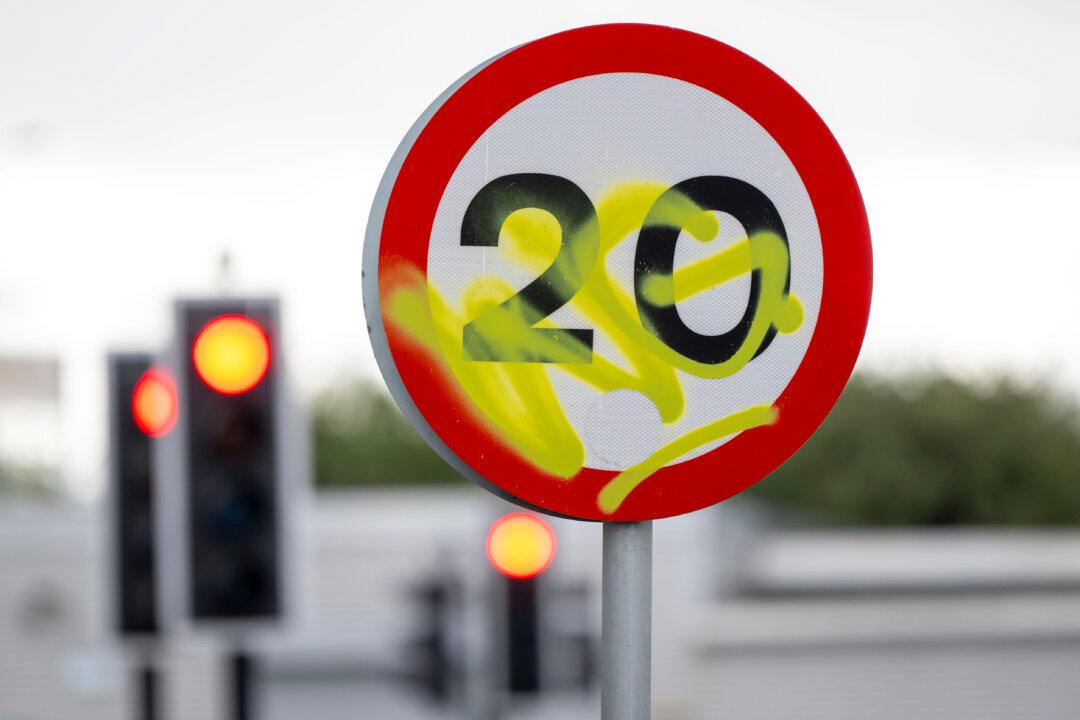A Welsh magistrate has resigned because he was unwilling to punish motorists for breaking the national 20 mph speed limit.
Nick Colbourne, who served as a magistrate in Mold and Wrexham Law Courts in Wales for 18 years, said he felt “uneasy” about imposing a £100 fine on drivers doing 24 or 25 mph. Drivers may have to foot a larger bill if court costs and victim surcharges are added to the fine.





